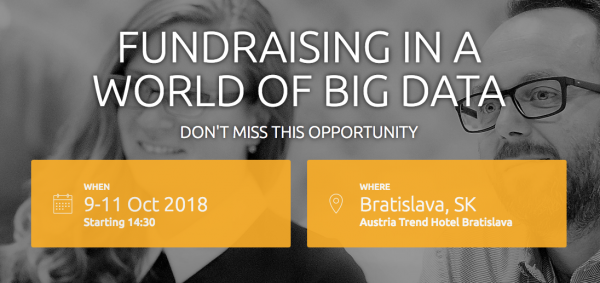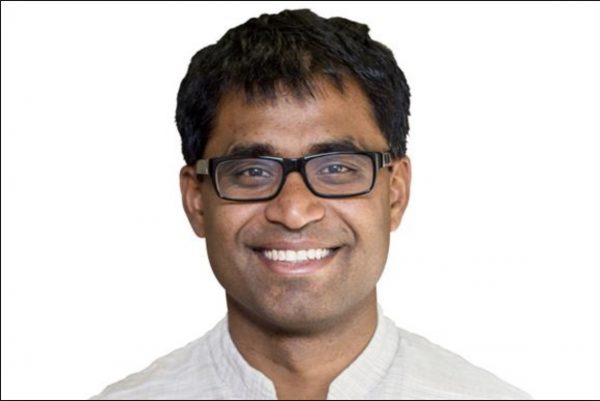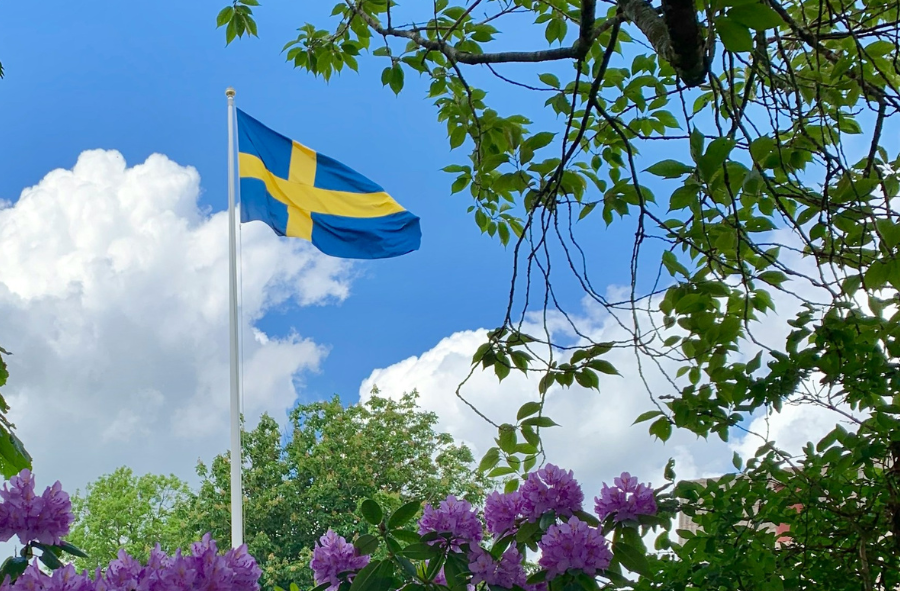
Austrian Fundraising Association launches digital inclusion project
July 18, 2018
CEE Fundraising Conference focuses on the world of big data
July 18, 2018Global civil society is facing a number of significant challenges but there are ways to make it stronger, delegates at July’s International Fundraising Summit heard in a presentation from Danny Sriskandarajah, secretary general of CIVICUS.
In his speech, Sriskandarajah stated that in many ways this is the worst of times for civil society, with threats to civic space, public trust issues, and money problems all challenging the sector globally. A strong and effective civil society is needed but it will take a rethink of priorities to get there.
Using the CIVICUS monitor to track civic space globally, Sriskandarajah pinpointed a number of threats affecting countries worldwide. These include harassment, arrest, threats to activists, the disruption of protests, the shutting or slowing down of organisations, as well as complex registration requirements, restrictions on foreign funding, anti money-laundering measures, and ‘gagging’ clauses, while the demonisation of (progressive) civil society, and the rise of populism & ‘uncivil society’ are also issues.
Falling trust – seen in 14 of 28 markets in 2017-18 – and money are also issues: although government income is rising, he said, there is less unrestricted income for charities with much of it now taking the form of contracts rather than grants. The majority of government income is also going to the big players, with an imbalance between funding in the global south, which gets the most, and the global north.
“While income from government to nonprofits has generally been rising, this has mostly been in the form of contracts, not grants,” Sriskandarajah said. “Much of this government income has also been very uneven, going mostly to bigger organisations to deliver what we used to call public services or, in the case of international development, Northern NGOS who are asked to subcontract money down complex funding chains. So while overall income to nonprofits may be growing, it has hardly contributed to an independent, diverse and resilient civil society.”
However, he said, an inability to show their impact, too much spend on processes rather than innovation, and a tendency to chase the same money, means charities are often not helping themselves.
“Nonprofits are spending more money on administration than corporations do, and half as much on innovation as they do. They are also spending more money in chasing a relatively fixed pot of donor money rather than working together to grow giving. We need to reverse these trends.”
To move civil society on and make it stronger, Sriskandarajah recommended redefining priorities to focus more on the transformative effect of charities than growth, and creating new business models and new forms of leadership and accountability, as well as better linking of formal and informal civil society more connecting of local struggles with global responses, and new relationships based on mutuality rather than charity.
Sriskandarajah concluded:
“We need an effective, strong, and resilient civil society now more than ever, but this will require a rethink of our priorities, away from the over-emphasis on growth to a greater focus on our core objectives and on meaningful transformation.”




